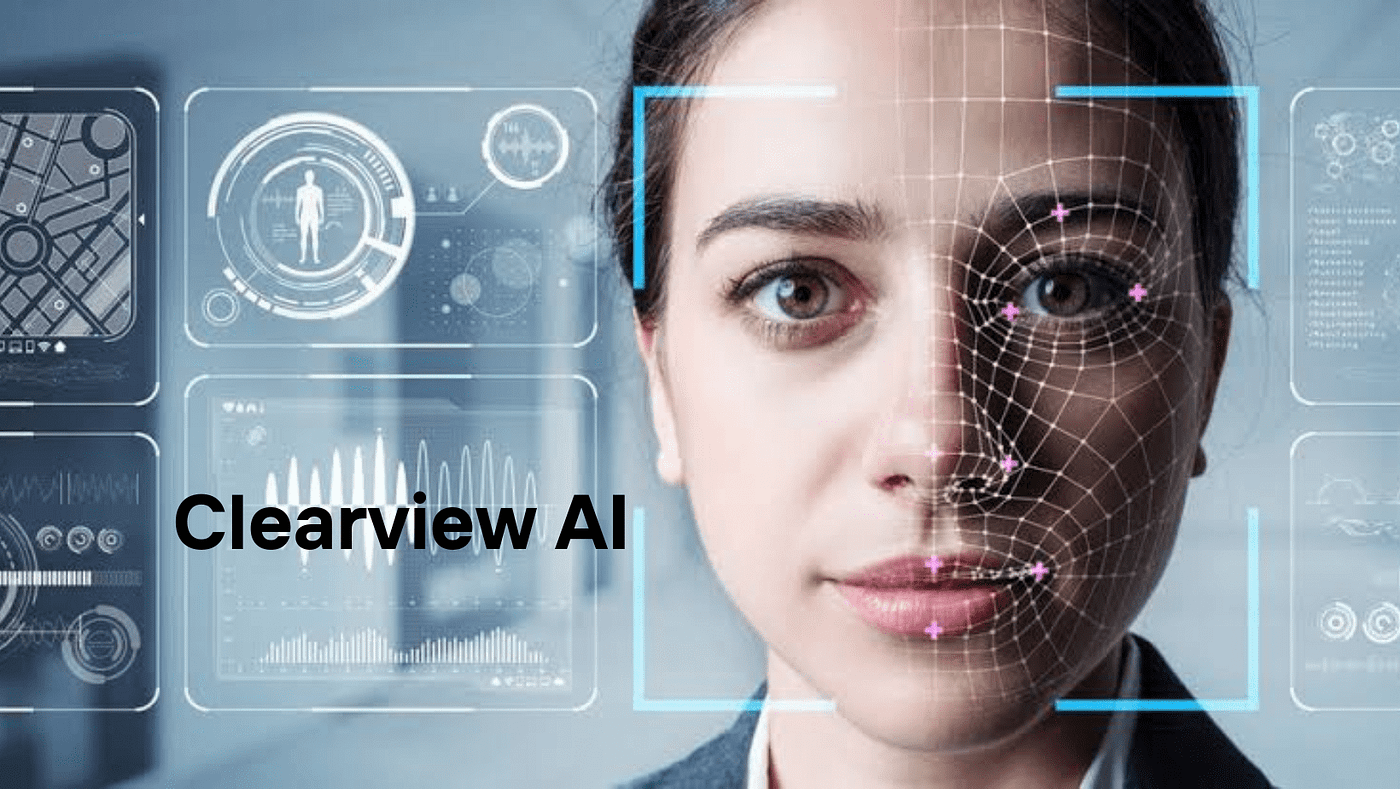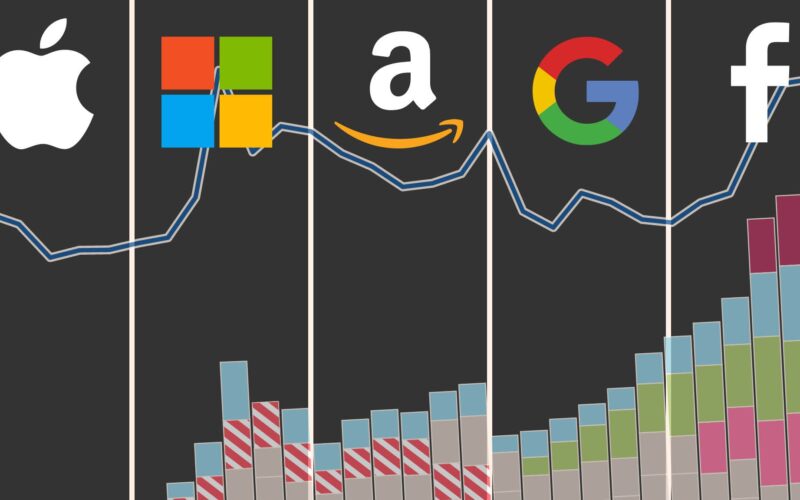The revelation of a controversial facial recognition startup, armed with a database containing billions of photos sourced from social media platforms and the wider web, has sparked concerns globally. Notable clients of this contentious technology include the Department of Justice, the principal immigration enforcement agency in the United States, and major retailers such as Best Buy and Macy’s. Even a sovereign wealth fund based in the United Arab Emirates is among the extensive list of government entities and private businesses associated with this controversial startup.
The use of facial recognition technology has been a subject of intense scrutiny due to its potential implications for privacy, civil liberties, and surveillance. The expansive database of photos, compiled without the explicit consent of individuals, raises ethical and legal concerns about the mass collection and utilization of personal data. As these revelations come to light, questions are being raised about the extent of cooperation between the startup and its diverse array of clients, each with its own set of responsibilities and obligations regarding the use of such sensitive technology.
The involvement of government entities, particularly law enforcement agencies, intensifies the debate around the ethical boundaries of surveillance technology and its potential impact on individual rights. The global reach of these clients, spanning from the United States to the United Arab Emirates, underscores the international scope and implications of facial recognition technology, prompting a reassessment of its regulatory framework and ethical standards on a global scale. As discussions surrounding data privacy and surveillance practices continue to evolve, the spotlight on this controversial facial recognition startup adds a new layer of complexity to the ongoing dialogue about the responsible and ethical use of emerging technologies.
It’s strictly for law enforcement
ClearView CEO
The startup, Clearview AI, is facing legal threats from Facebook, Google, and Twitter, as well as calls for regulation and scrutiny in the US. But new documents reviewed by BuzzFeed News reveal that it has already shared or sold its technology to thousands of organizations around the world.
In its quest to create a global biometric identification system to span both public and private sectors, Clearview has signed paid contracts with US Immigration and Customs Enforcement (ICE), the US Attorney’s Office for the Southern District of New York, and Macy’s, according to the document obtained by BuzzFeed News. The company has credentialed users at the FBI, Customs and Border Protection (CBP), Interpol, and hundreds of local police departments. In doing so, Clearview has taken a flood-the-zone approach to seeking out new clients, providing access not just to organizations, but to individuals within those organizations — sometimes with little or no oversight or awareness from their own management.
Clearview’s software, which claims to match photos of persons of interest to online images culled from millions of sites, has been used by people in more than 2,200 law enforcement departments, government agencies, and companies across 27 countries, according to the documents. This data provides the most complete picture to date of who has used the controversial technology and reveals what some observers have previously feared: Clearview AI’s facial recognition has been deployed at every level of American society and is making its way around the world.
The New York–based startup has claimed its controversial technology is intended as a tool for police and that it was prioritizing business in North America. “It’s strictly for law enforcement,” Clearview CEO Hoan Ton-That said on Fox Business earlier this month. He noted in a Feb. 5 statement to BuzzFeed News that his company was “focused on doing business in USA and Canada.” But in reality, Clearview AI has also been aggressively pursuing clients in industries such as law, retail, banking, and gaming and pushing into international markets in Europe, South America, Asia Pacific, and the Middle East.
In reply to an extensive list of questions, Clearview attorney Tor Ekeland said, “There are numerous inaccuracies in this illegally obtained information. As there is an ongoing Federal investigation, we have no further comment.”
Clearview has attracted a whirlwind of attention for claiming it had built unprecedented facial recognition trained on an ever-increasing database of more than 3 billion photos ripped from Facebook, Instagram, YouTube, and other websites. In a January interview with the New York Times, Ton-That said the company was working with 600 law enforcement agencies across the country and had provided the software, which can be used on a desktop computer or through a mobile app, to the FBI and Department of Homeland Security.
The internal documents, which were uncovered by a source who declined to be named for fear of retribution from the company or the government agencies named in them, detail just how far Clearview has been able to distribute its technology, providing it to people everywhere, from college security departments to attorneys general offices, and in countries from Australia to Saudi Arabia. BuzzFeed News authenticated the logs, which list about 2,900 institutions and include details such as the number of log-ins, the number of searches, and the date of the last search. Some organizations did not have log-ins or did not run searches, according to the documents, and BuzzFeed News is only disclosing the entities that have established at least one account and performed at least one search.
Even with that criteria, the numbers are staggering and illustrate how Clearview AI, a small startup founded three years ago, has been able to get its software to employees at some of the world’s most powerful organizations. According to documents reviewed by BuzzFeed News, people associated with 2,228 law enforcement agencies, companies, and institutions have created accounts and collectively performed nearly 500,000 searches — all of them tracked and logged by the company.
While some of these entities have formal contracts with Clearview, many do not. A majority of Clearview’s clients are using the tool via free trials, most of which last 30 days. In some cases, when BuzzFeed News reached out to organizations from the documents, officials at a number of those places initially had no idea their employees were using the software or denied ever trying the facial recognition tool. Some of those people later admitted that Clearview accounts did exist within their organizations after follow-up questions from BuzzFeed News led them to query their workers.
“This is completely crazy,” Clare Garvie, a senior associate at the Center on Privacy and Technology at Georgetown Law School, told BuzzFeed News. “Here’s why it’s concerning to me: There is no clear line between who is permitted access to this incredibly powerful and incredibly risky tool and who doesn’t have access. There is not a clear line between law enforcement and non-law enforcement.”
There are currently no federal laws regulating the use of facial recognition, though several elected officials have proposed bills. States including Illinois have developed regulations on the corporate use of biometric data, and some cities have outright banned the technology. In that regulatory vacuum, Clearview has thrived, doling out free trials seemingly at will and encouraging law enforcement officers and officials to invite their colleagues and perform as many searches as possible.
“This is completely crazy. … There is not a clear line between law enforcement and non-law enforcement.”
Clare Garvie
On Wednesday, Clearview AI told the Daily Beast that an intruder had “gained unauthorized access to its list” of customers. “Unfortunately, data breaches are part of life in the 21st century. Our servers were never accessed,” Ekeland told the Daily Beast. “We patched the flaw, and continue to work to strengthen our security.”
The explanation did not sit well with some lawmakers, including Oregon Sen. Ron Wyden.
“Shrugging and saying data breaches happen is cold comfort for Americans who could have their information spilled out to hackers without their consent or knowledge,” he told BuzzFeed News. “Companies that scoop up and market vast troves of information, including facial recognition products, should be held accountable if they don’t keep that information safe.”












